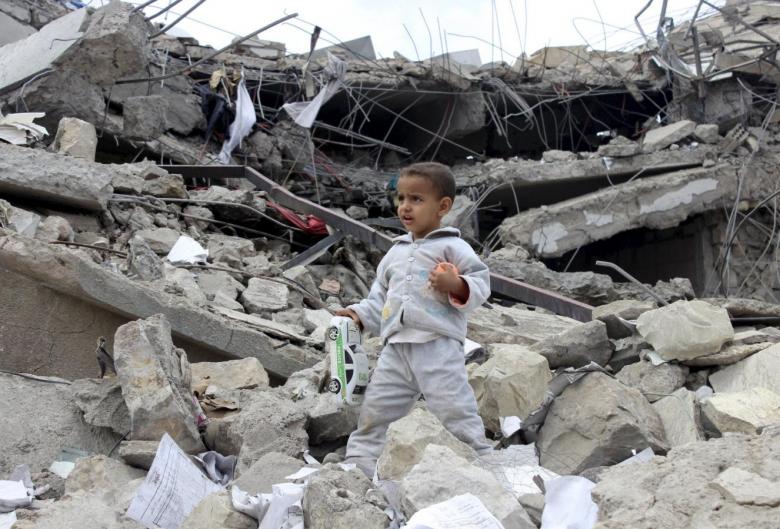Brussels- Participating at a symposium on Yemen in Brussels, researchers said Tuesday that the need to pressure insurgency militias in Yemen to renounce Iranian interference is now more than ever integral to resolving the crisis.
Themed as “The New Dimension in the Middle East, Yemen as a case in point,” the international conference held in the Belgian capital was organized by a Brussels-based think tank, called Forum of Wisdom and World Peace. It aims at reaching a better understanding of the conflict raging in Yemen.
Yemeni human rights researcher Bara’ Shiban, said that one-sided ruling of the country is perpetually impossible, calling for rational and national dialogue to prevail in resolving the current conflict.
“The West is focused only on combating terrorism and fighting extremism without having a clear strategy on Yemen,” Shiban regretted.
The researcher sees that a lacking of a long term strategy for a political solution in Yemen will leave behind buds of strife and conflict so that they later re-emerge.
“Unfortunately, the situation in Yemen remains very complicated. But compared to two years ago, some improvement can be noticed in some areas like Ma’rib and Aden,” Shiban told Asharq Al-Awsat.
“In order to normalize security and economic conditions, provide efficient public services to Yemenis, and run a sustainable solution, there is no other option but to uphold a comprehensive political solution,” said Shiban.
“I think it is necessary to refer to the outcomes of national dialogue, and everyone must participate in the transition process,” he added.
Speaking on Yemeni-based political influence, Shiban said that the basic problem stems from not pressuring the key insurgency party led by Ali Abdullah Saleh.
“Saleh in my view is a key obstruction for the political process, if not removed from the scene, will impede the next phase,” Shiban added.
Jamal Abdullah, from the Middle East Centre, Saint Antony’s College, Oxford University said that the conflict started in March 2015 when the Iran-backed Houthis began attacking the border of Saudi Arabia.
Abdullah said that the Saudi-led coalition argues that its right of intervention is based on the article 52 of the UN Charter that gives the country a right to defend its border.
Secondly, the legitimate president of Yemen called on the Saudi government and other Gulf countries to protect the country from foreign interference.
Referring to calls for dialogue between the Gulf Cooperation Council and Iran, he said that the Saudi leaders do not trust Iranian leaders, but added that Turkey could play a role of a guarantor if such a dialogue takes place.
He stressed that the new Saudi Arabia has become “very dynamic” under the new leadership.
On the other hand, Mustafa Aljabzi, a researcher and political advisor, said a National Dialogue should be followed by a constitution and then a referendum.
He noted that 2 million Yemenis are living in Saudi Arabia who send around USD six billion to their home country that contributes to Yemen’s economic development.
